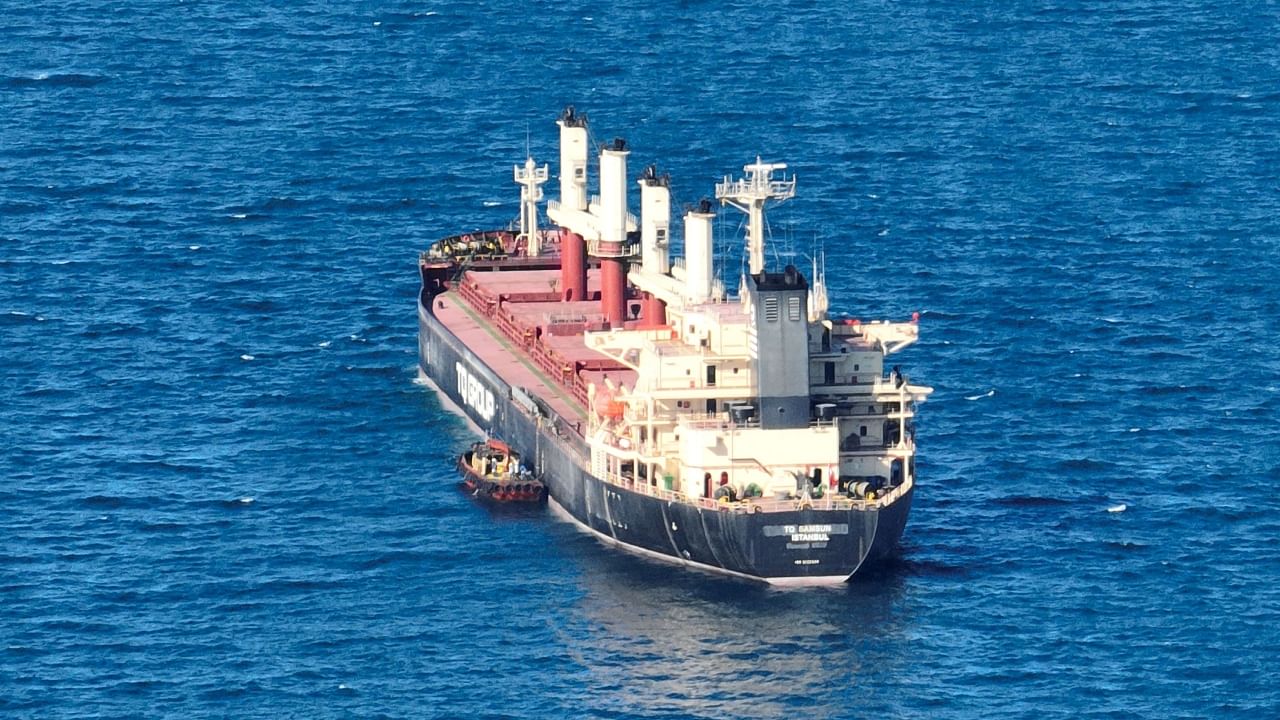
The Kremlin warned on Tuesday that attempts to ship grain from Ukrainian Black Sea ports without security guarantees from Russia would carry risks because Kyiv used those waters for military activities.
Moscow on Monday announced it was quitting a grain deal, which for the past year had permitted the safe export of Ukrainian grain from its Black Sea ports - despite what Russia calls its special military operation in Ukraine - to help address a global food emergency.
Russia said it pulled out because a parallel agreement to facilitate exports of its own grain and fertiliser in the face of Western economic sanctions had not been fulfilled.
Ukrainian President Volodymyr Zelenskyy said on Monday that the sponsors of the deal, Turkey and the UN, could still help Ukraine to maintain a safe sea corridor and inspect vessels.
But Kremlin spokesman Dmitry Peskov told a briefing: "We're talking about an area that's close to a war zone... Without the appropriate security guarantees, certain risks arise there. So if something is formalised without Russia, these risks should be taken into account."
He said it was an "obvious fact" that the waters used by grain ships were also used by Kyiv for military purposes, something Ukraine has denied.
US Secretary of State Antony Blinken on Monday accused Russia of a "continued weaponization of food" that harms millions of vulnerable people around the world, but Peskov rejected the allegation.
He said Russia had fulfilled its obligations and extended the deal several times, even though the commitments that had been made to Moscow in return had not been implemented.
Peskov said the poorest countries in Africa had got the least benefit from the deal, but that Russia was prepared to continue supplying them with grain for free.
He said Moscow was in touch with its African partners and that the matter would be discussed at a Russia-Africa summit in St Petersburg next week.
Turkey said its foreign minister, Hakan Fidan, had had a phone call with his Russian counterpart Sergei Lavrov to discuss the grain issue.